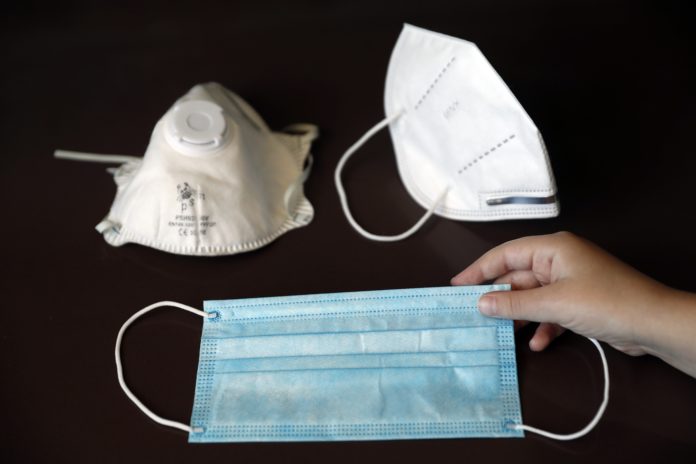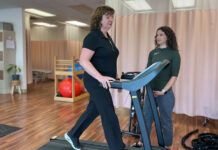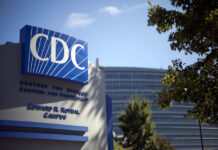
In the wake of the 2023 holiday season, COVID-19, RSV, and flu cases are rising once again across the city, causing local hospitals to take extra precautions.
Starting on January 15th, Penn Medicine will require some departments to ensure that everyone two years and older wear a mask. This is especially important for departments that see many people coming and going, including the emergency room and waiting areas. Penn Medicine is also encouraging anyone who enters their facilities, regardless of the department, to wear a mask. Vistors to Penn Medicine who have tested positive for COVID-19 or have symptoms will not be allowed to enter any of the facilities, even with a mask.
Jefferson Health is also initiating a masking policy at its facilities until the end of January. Other health systems, including Main Line Health, have changed their masking policies because of the surge in these illnesses. It is not clear how long these health systems will maintain these masking policies.
COVID-19, RSV and flu are not the only viruses going around; the common cold and strep throat are also in the mix. This creates a dangerous situation not only for hospitals and their staff, but for the community. According to the Center’s for Disease Control & Prevention’s weekly respiratory illness activity report, Pennsylvania is listed in the high category. Across the United States, the number of people seeking treatment for respiratory illnesses is increasing. Last year’s holiday season saw less people wearing masks in general, as well as lower rates of vaccination, while at the same time more people traveled and gathered. All of this has resulted in the surge we are seeing now, worsened by the winter weather.
Masking is one of the more effective ways to prevent yourself from getting sick, which is why local hospitals are enforcing mask-wearing for their staff and patients. Consider wearing a mask if you will be interacting with others, even if you’re going to a place where masking is not required.
Another great way to protect yourself and others is to get your flu, COVID-19, or RSV vaccines if you are eligible. It’s not too late in the season to get vaccinated! Finally, staying home when you’re sick and regular handwashing can also help to stay healthy during this surge.






